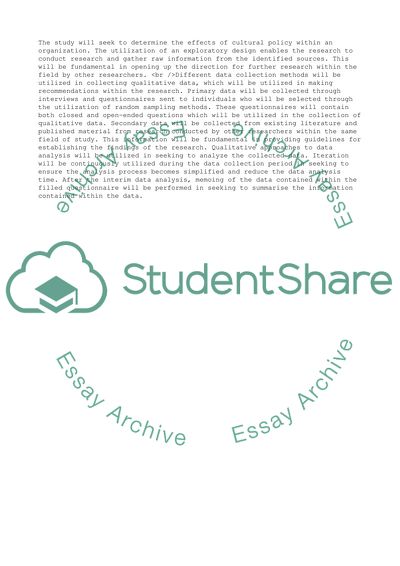Cite this document
(“The Role Of Cultural Policy On Organisational Management Dissertation”, n.d.)
The Role Of Cultural Policy On Organisational Management Dissertation. Retrieved from https://studentshare.org/management/1645453-the-role-of-cultural-policy-on-organisational-management
The Role Of Cultural Policy On Organisational Management Dissertation. Retrieved from https://studentshare.org/management/1645453-the-role-of-cultural-policy-on-organisational-management
(The Role Of Cultural Policy On Organisational Management Dissertation)
The Role Of Cultural Policy On Organisational Management Dissertation. https://studentshare.org/management/1645453-the-role-of-cultural-policy-on-organisational-management.
The Role Of Cultural Policy On Organisational Management Dissertation. https://studentshare.org/management/1645453-the-role-of-cultural-policy-on-organisational-management.
“The Role Of Cultural Policy On Organisational Management Dissertation”, n.d. https://studentshare.org/management/1645453-the-role-of-cultural-policy-on-organisational-management.


